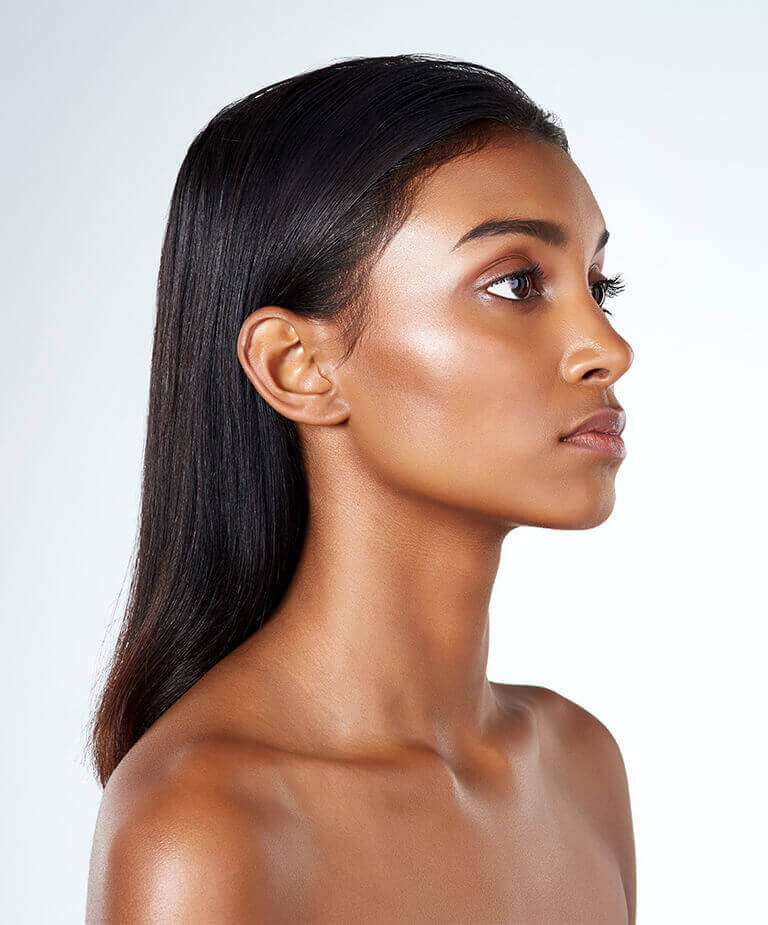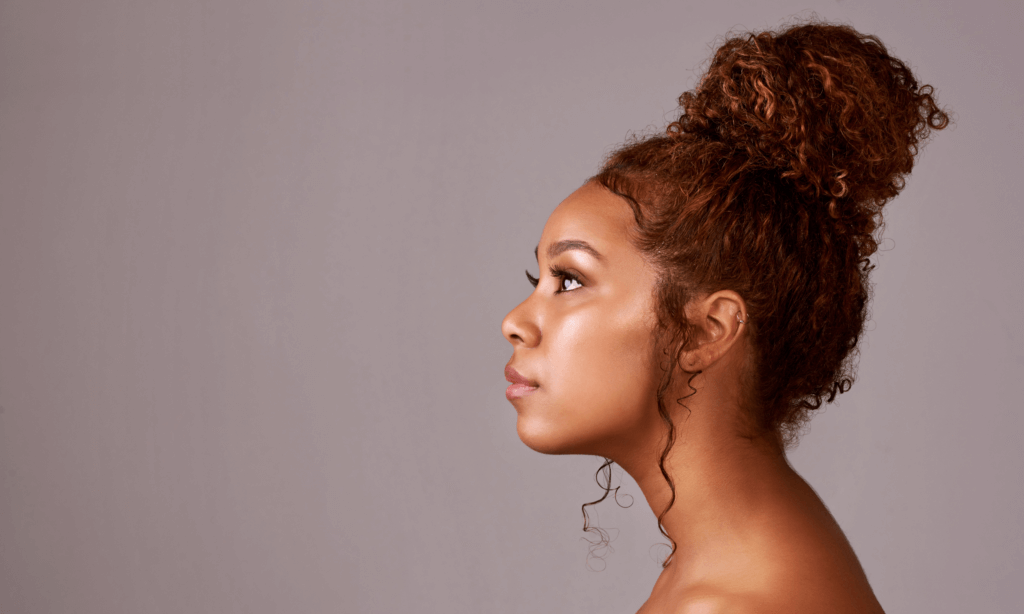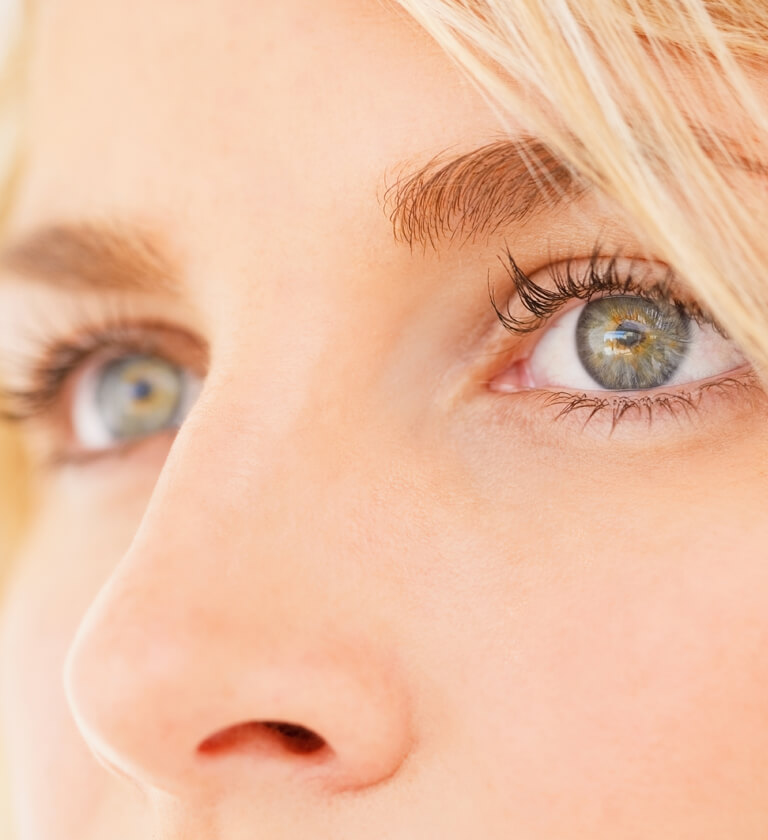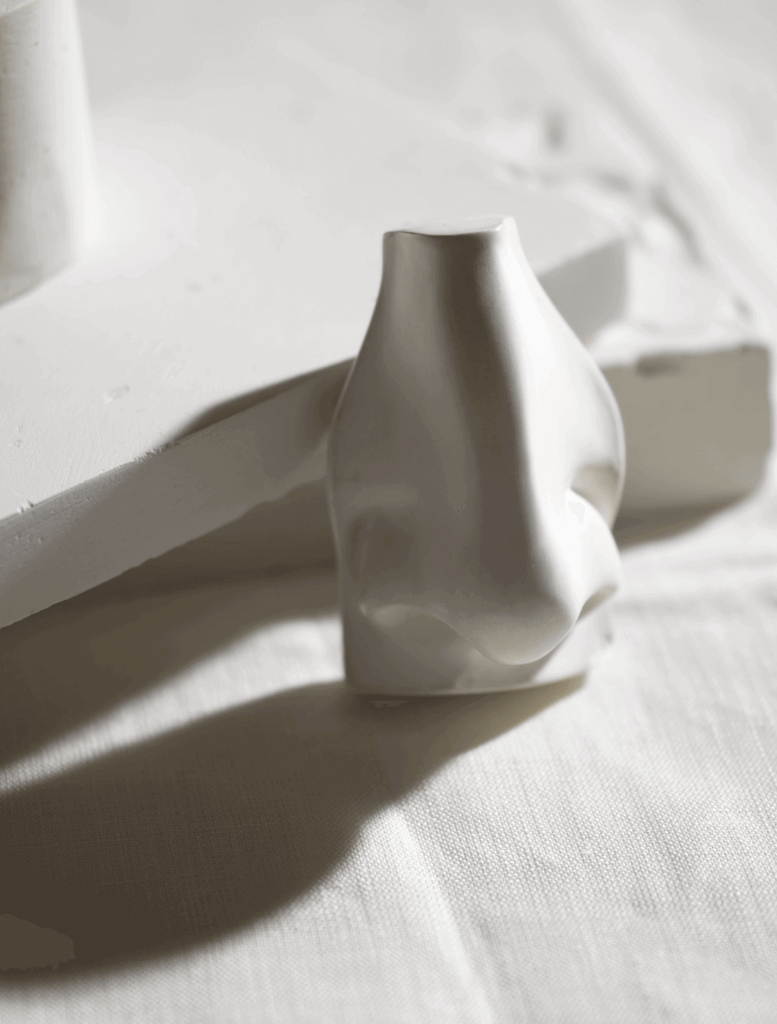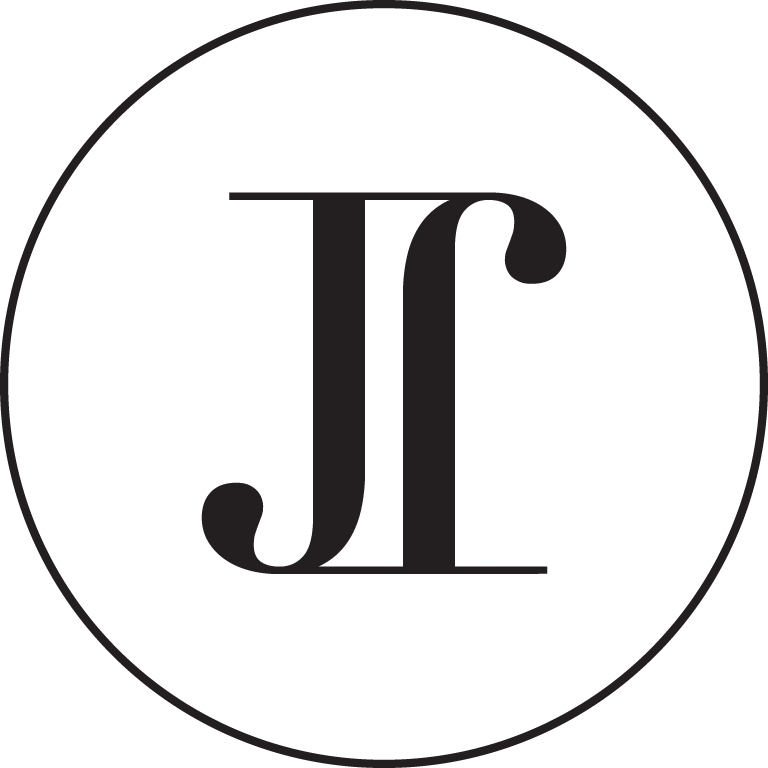
Deciding whether to undergo rhinoplasty is a highly personal choice. While many individuals explore the procedure to enhance facial balance or address nasal concerns, suitability depends on more than just appearance. A qualified nose specialist takes a comprehensive approach, evaluating medical, functional, and aesthetic factors before recommending treatment. Understanding how specialists assess suitability can help […]

The terms rhinoplasty and nose job are often used interchangeably, but they don’t always mean the same thing. For patients aged 21–51 researching treatment options at a reputable nose clinic, understanding the difference is essential. This guide explains how rhinoplasty differs from a nose job, what each approach involves, and how a nose specialist helps […]

A rhinoplasty consultation is far more than a brief conversation about nose shape. For many patients aged 21–51, it represents the first serious step towards improving facial harmony, breathing function, or long-standing confidence concerns. During this appointment, a dedicated nose specialist assesses a wide range of factors, medical, structural, and aesthetic, to determine whether rhinoplasty […]

Rhinoplasty, whether cosmetic or functional, is one of the most intricate forms of facial surgery. As interest in nose reshaping continues to grow, so does the importance of selecting a surgeon with the right skills, experience, and ethical approach. With 2026 approaching, many individuals are beginning their research into cosmetic rhinoplasty or functional nasal treatment. […]

As Christmas approaches, many people begin to think about long-term plans, goals for the upcoming year, and ways to enhance their well-being. For some, this includes enhancing facial harmony or addressing long-standing concerns about the appearance or function of the nose. Rhinoplasty, often known as a nose job, remains one of the most popular facial […]

As the year draws to a close, many begin to reflect on personal goals, ambitions, and self-improvement plans. For some, this includes enhancing appearance, boosting confidence, or addressing longstanding concerns about nasal shape or function. A cosmetic or functional rhinoplasty, commonly referred to as a nose job, offers a chance to start the new year […]

When it comes to refining your facial appearance or addressing nasal breathing issues, choosing the right medical professional makes all the difference. Rhinoplasty is among the most intricate cosmetic procedures, combining surgical precision, artistic judgement, and anatomical expertise. For patients living in or around Chelsea, seeking a nose specialist with advanced training and an aesthetic […]

When it comes to refining your facial appearance or addressing nasal breathing issues, choosing the right medical professional makes all the difference. Rhinoplasty is among the most intricate cosmetic procedures, combining surgical precision, artistic judgement, and anatomical expertise. For patients living in or around Chelsea, seeking a nose specialist with advanced training and an aesthetic […]

Whether surgical rhinoplasty or non-surgical nose reshaping, they remain among the most popular aesthetic treatments in the UK. Yet, despite their growing acceptance, myths and misconceptions still surround the procedure. From fears of an “unnatural” result to confusion about recovery, misinformation often prevents people from making informed decisions about their treatment options. In this guide, […]

Why Expertise Makes All the Difference Cosmetic rhinoplasty is one of the most intricate and transformative aesthetic procedures available today. As the central feature of the face, the nose plays a crucial role in overall harmony and self-confidence. However, achieving natural, balanced results requires far more than just surgical skill; it calls for a specialist’s […]






